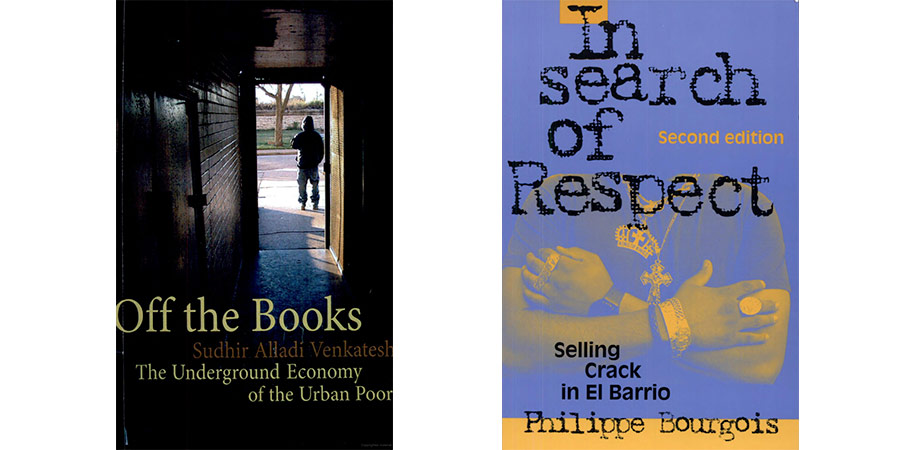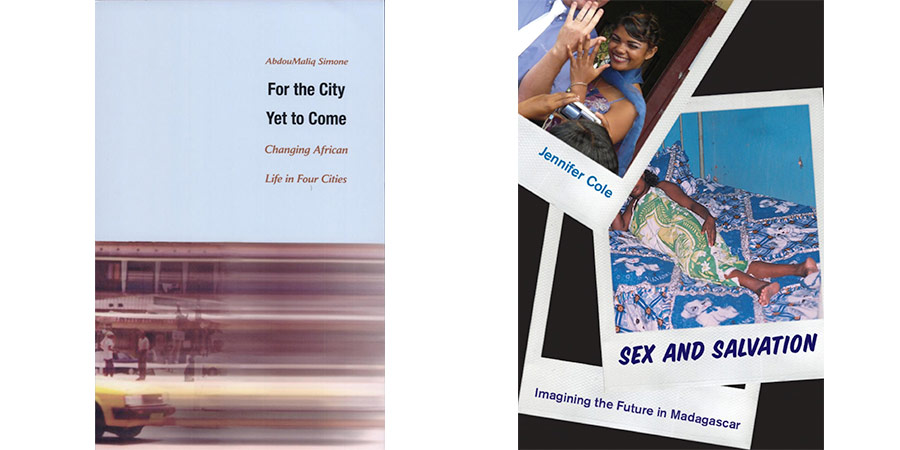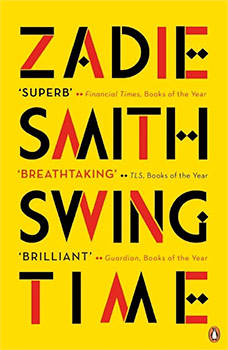Interested in our undergraduate degrees in African Studies and Anthropology? Here's what academic staff in the Department of African Studies and Anthropology would recommend reading and listening to beyond introductory Summer reading.
Marco Di Nunzio, Lecturer in the Anthropology of Africa, recommends:

As an urban anthropologist, I always make sure to have two books near me. The first is Sudhir Venkatesh's "Off The Books", an ethnography of Chicago's street economy, from street hustlers, gangs, but also small-scale entrepreneurs and street vendors. The second is Philippe Bourgois' "In Search of Respect" on experiences of crack dealers in New York and their quest of dignity in the midst of exclusion.
If you are interested in these topics, I would also encourage you to make Marvin Gaye's "Inner City Blues" the soundtrack of your readings. His quote "Money we make it/Before we see it/They take it" effectively synthesises experiences of exclusion and inequality in cities.
"City of God" and "The Wire" in particular Season 3 are also worth watching - they will give you a glimpse of street life and how it intertwines with the making of city life.
If you are interested in urban Africa, I cannot recommend enough Abdoumaliq Simone's book "For the City Yet to come" and Jennifer Cole's "Sex and Salvation".

Insa Nolte, Reader in African Studies and Head of Department, recommends:
 I love Ursula Le Guin’s 1969 feminist Science Fiction novel The Left Hand of Darkness, which remains in print – you can probably find it in your local library! Science fiction novels are often good reading for anthropologists, and this book is particularly interesting because it imagines a world where individuals are truly ambisexual, with the ability to take on either male of female reproductive functions. We follow Genly Ai, a (male) ambassador from earth, as he learns to understand what the absence of a meaningful gender difference means for the cultures he encounters – and also what it tells him about his own inability to overcome gendered thinking.
I love Ursula Le Guin’s 1969 feminist Science Fiction novel The Left Hand of Darkness, which remains in print – you can probably find it in your local library! Science fiction novels are often good reading for anthropologists, and this book is particularly interesting because it imagines a world where individuals are truly ambisexual, with the ability to take on either male of female reproductive functions. We follow Genly Ai, a (male) ambassador from earth, as he learns to understand what the absence of a meaningful gender difference means for the cultures he encounters – and also what it tells him about his own inability to overcome gendered thinking.
Shinamania was the second album by Shina Peters, and when it came out in 1990 it cemented the fame he had already gained with his first album, Ace. The style, Afro Juju, is a mixture of Afrobeat and Jújú, two older popular West African/ Nigerian styles, and it mixes fast percussive beat with keyboards, saxophone and guitar. It is still difficult to hear the songs without wanting to dance!
Jessica Johnson, Lecturer in the Anthropology of Africa, recommends:
 Zadie Smith (2016) Swing Time. It's not often a novelist acknowledges an anthropologist's work as inspiration for their own. Zadie Smith credits Marloes Janson's study, Islam, Youth and Modernity in the Gambia: The Tablighi Jama'at, for helping her craft her depiction of The Gambia. This novel also casts an interesting light on international development projects (as well as friendship, and dance!)
Zadie Smith (2016) Swing Time. It's not often a novelist acknowledges an anthropologist's work as inspiration for their own. Zadie Smith credits Marloes Janson's study, Islam, Youth and Modernity in the Gambia: The Tablighi Jama'at, for helping her craft her depiction of The Gambia. This novel also casts an interesting light on international development projects (as well as friendship, and dance!)
Freshly Ground - this South African band's music never fails to cheer me up. Perhaps begin with the albums Nomvula (2004) and Ma'Cheri (2007).
Zomba Prison Project, I Have No Everything Here (2015). This album was recorded by prisoners in the maximum security prison in Zomba, Malawi. Most of the singing is in the Chichewa language, and the songs are performed by both male and female singers. There is an authenticity to the music, some of which reminds me of songs I heard during fieldwork in rural Malawi.